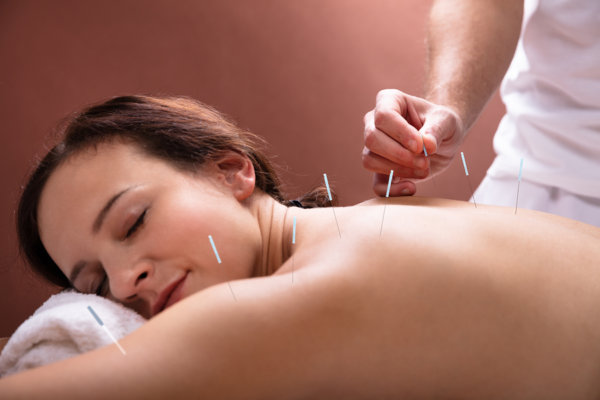
Alternatives to Alcohol Use: Methods to Help With Recovery – Alcoholism is a very common addiction that can have negative effects on the abuser themselves as well as their loved ones. Alcoholism is a potentially life-threatening disease that can tear families and relationships apart and also result in a myriad of health-related conditions, including mental illness and liver disease.
Fortunately, in addition to professional treatment, people have access to a variety of alternatives to alcohol to help promote recovery. Some of these include the following:
- Meditation
- Yoga
- Acupuncture
- Nutritional counseling
- Light therapy
Alternatives to Alcohol Use
Meditation
Detox and recovery from alcohol require a tremendous amount of self-control and discipline. Because people often perceive alcohol as a means to escape from daily stresses, they are forced to find other coping mechanisms to occupy their time. One of the possible tools is meditation.
Meditation can be an effective way to free oneself from anxiety and stressors that negatively impact life. A meditation session can be as short as ten minutes or up to an hour. Essentially, meditation helps people manage alcohol cravings and focus on positive or neutral thoughts.
One helpful form of meditation is called visualization and involves thinking about how one will feel, look, and behave once goals have been achieved. There are several specific books on alcohol addiction that provide detailed guides on appropriate meditation techniques.
Yoga
Alcohol dependence causes people to feel out of balance, and for this reason, yoga is one of the most popular alternatives to alcohol use. Yoga helps people take their mind off drinking and instead makes them feel more relaxed and centered.
There are various types of Yoga, including the slower-paced Hatha yoga and Power yoga. These forms of exercise have been designed to promote the mind-body connection and enhance both mental and physical awareness. Yoga routines are easily accessible online, at most gyms, and many addiction treatment centers.
Acupuncture
Although acupuncture’s therapeutic effects have not yet been scientifically proven to be effective in the treatment of alcoholism, some people swear by it. By inserting small needles into certain parts of the body, acupuncture is said to help restore balance and also allows the person to take his/her focus off of alcohol. This ancient Chinese practice can purportedly help to detoxify the liver, but further scientific evidence is needed to support this claim.

Nutritional Counseling
Nutritional counseling can help people put their health back on the right track. Many alcoholics suffer from dehydration and malnutrition, especially those consuming high-alcohol drinks such as liquor. This state causes them to feel weak and unable to perform various physical and mental tasks.
Proper nutrition is one of the vital components in a person’s ability to withstand alcohol use triggers. Doctors and nutritionists can help patients design a healthy diet plan that can restore energy levels and help those who are struggling during recovery to resist the urge to revert to alcohol use.
Light Therapy
Light therapy exposes people to bright artificial lights during their waking hours. The primary benefits of light exposure are reduced levels of depression and improved sleep. Many alcoholics suffer from insomnia and end up drinking in an effort to help them fall asleep. Moreover, light therapy can be effective to prevent alcoholics from taking a nightly visit to the bar and instead experience quality sleep without the use of substances.
In 2013, a study found that light therapy, specifically optogenetics (a technique that utilizes light to stimulate certain neurons), had profound and enduring effects in lab rats. When researchers stimulated dopamine neurons in specific patterns, rats trained to behave like binge-drinking humans simply quit drinking. Even after the treatments were stopped, the rats continued to avoid accessible alcohol.
Treatment for Alcoholism
Many people have found that alternatives to alcohol can be very effective at helping those suffering to overcome their addiction. Medical experts do, however, often caution their patients that there is no conclusive scientific evidence that proves that these alternative methods will be helpful, for whom they would be beneficial for, and to what extent.
Instead, many health and addiction professionals recognize that these various practices can supplement recovery when used in conjunction with a specialized treatment program that also includes psychotherapy, individual and group counseling, group support, and aftercare planning. Recovery By The Sea offers an integrated approach to addiction treatment that includes these services as rendered in partial-hospitalization and outpatient formats.
Therefore, with this in mind, some alternatives to alcohol may be great additions to one’s recovery and journey towards a better, healthier life.
If you or someone you love is struggling with an addiction to alcohol or other substances, please contact us today. Discover how we help people free themselves from the grip of alcoholism so they can finally experience the healthy and fulfilling lives they deserve!